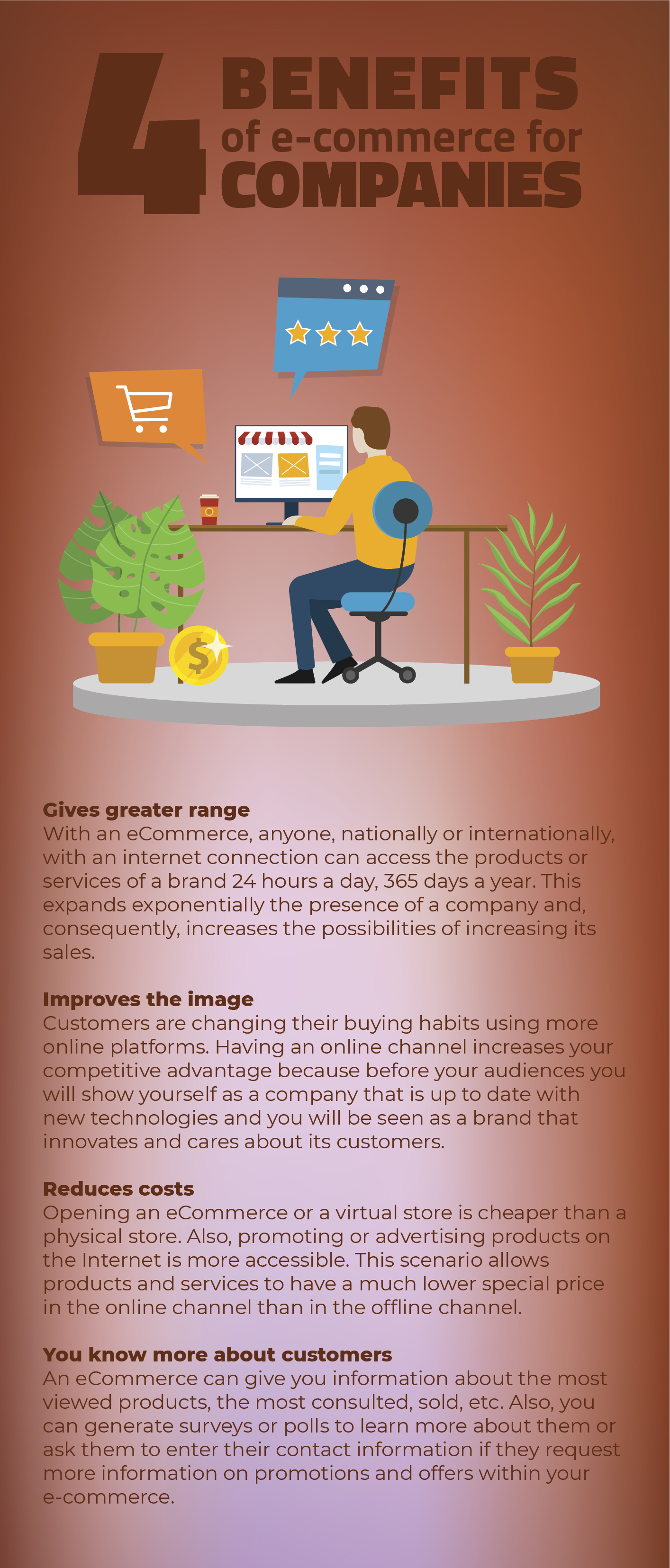
What Birmingham Businesses Need to Know About 2019 E-Commerce Trends
Once again, the new year has come and gone and spring will soon be upon us. It seems as if only yesterday we were discussing the ways in which the world of e-commerce was set to change in 2019. Now that the future has become the present, it is a good idea to reexamine this question as well as to highlight a handful of trends to watch out for in the coming months. How is the domain of online retail sales evolving? What will firms need to take into account if they hope to enjoy success? Are there any e-commerce providers which will prove to make excellent partners? The answers to these questions could be rather surprising.
Fast-Paced and More Personalised Than Ever Before
One of the misconceptions surrounding the concept of e-commerce is that the principle itself is rather static and technical in nature. While it is indeed backed up by technical software packages and strategies, e-commerce should always be viewed as possessing a sense of bespoke flexibility. To put this another way, it tends to evolve around the changing needs of the business community.
This is the very same reason why many e-commerce bundles which could have been excellent tools a few years ago may very well have outlived their usefulness in recent times. Any system which lacks the necessary agility will need to be discarded for one that is capable of offering a more personalised approach.
Such a rather “organic” nature should then be augmented with the ability to handle complex retail tasks in no time at all. In other words, the average online customer does not have the time (or the tolerance) to wait for slow-loading pages or to deal with point-of-sale systems which are not compatible with their payment method. They will simply look elsewhere. This is why knowing what goes into powerful ecommerce platforms is a critical concept to fully appreciate.
2019: Above and Beyond the Norm
Many e-commerce providers tended to offer what can only be called “cookie-cutter” solutions in the past. While this might have initially seemed appealing, the fact of the matter is that the discrete needs of businesses would rarely be met. This could often result in frustrating situations such as coding problems or the inability to incorporate existing hardware into the overall package. All technicalities aside, the bottom line is that Birmingham businesses need to find a provider that is able to mould itself around their existing and future retail sales requirements. This is why many owners are now choosing to work with Shopify.
This firm has quickly become one of the largest cloud-based providers of e-commerce software solutions in the entire industry and its influence continues to grow. Advanced payment gateways, more than 20 individual sales channels and an intuitive configuration all help to ensure that efficiency and agility will always be present.
It can be difficult to maintain a competitive edge within the digital landscape and such advanced e-commerce systems are there to help.
